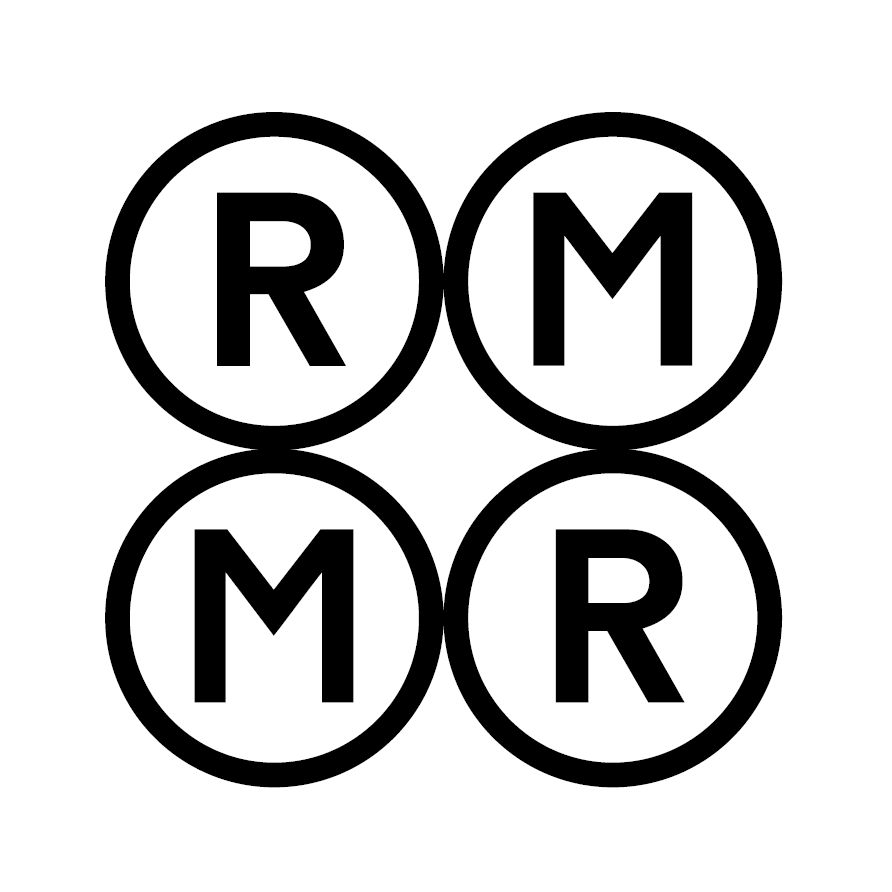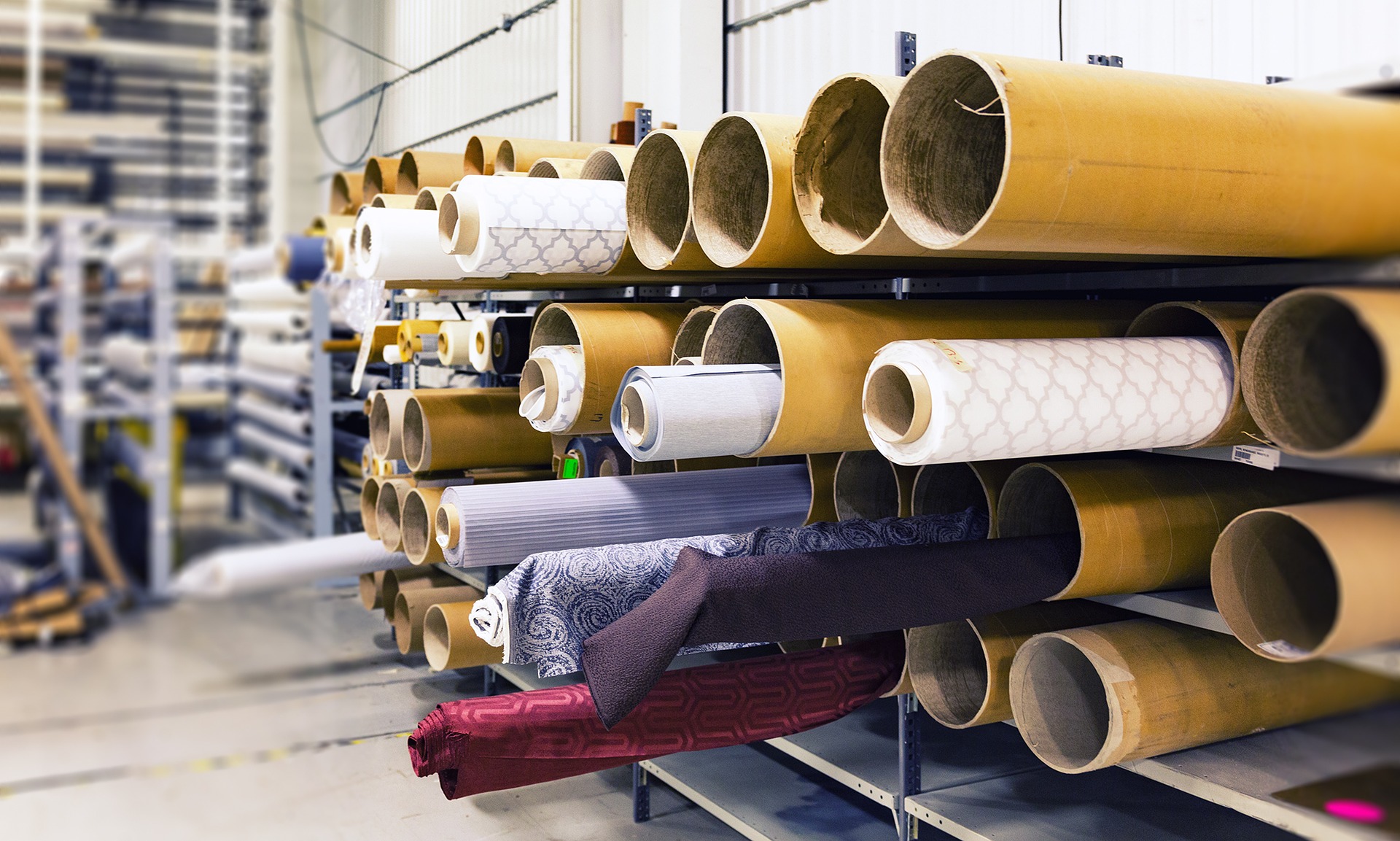The textile sector is, as largely known, up to today one of the most polluting industries. Along the value chain, starting from raw materials to the final product, the different production processes cause sever environmental impacts, ranging from harmful emissions into the atmosphere to extensive fresh water pollution. Nevertheless, several actors are implementing actions to reduce impacts and address sustainability concerns. An example: the GRETE project, a European interdisciplinary consortium with the aim to develop “Green Chemicals and Technologies for the wood-to-textile value chain”.
An interdisciplinary consortium
The GRETE project is implemented by a consortium of a total of eight partners, connecting five countries from Europe’s North to the South: Finland, Austria, Italy, France and Portugal. The consortium is characterised by a mixture of institutions with different profiles, capacities and complementary competences, being anchored in different fields of activity such as Research, Consultancy and Industry.
VTT - Technical Research Centre of Finland is the project coordinator, supported by finnish Metsä Spring Oy and the University of Helsinki’s Department of Chemistry. Portugal is represented by University of Aveiro and Celulose Beira Industrial SA (Celbi) part of Altri Group, Vertech Group for France and BOKU - University of Natural Resources and Life Sciences of Vienna from Austria. Last but not least, Italy is part of the initiative represented by Materially, a social enterprise helping companies in the development and promotion of sustainable innovation starting from materials.
The GRETE initiative puts in relationship these different actors with the aim to accelerate innovation for the textile sector identifying more sustainable raw material bases and processes.
The objectives of GRETE
The two main objectives of the project are the reduction of environmental impacts and fresh water consumption of the textile industry.
In order to do so, the partners address the wood-to-textile value chain focusing on production, recycling and treatments of cellulose. Thus, the GRETE consortium joined forces to broaden the raw material base to offer more sustainable solutions, to develop less toxic solvents for cellulosic pre-treatments and processes creating regenerated high quality man-made cellulose fibres.
“The great challenge – as comment the Materially’s partners in the initiative – is to reach these aims while responding to the market’s needs and sustainability requirements, demonstrating the reduction of emissions, fresh water and energy consumption through a LCA approach evaluating the entire life cycle of the products.”
The initiative receives financing of 2,6 million euros from the Bio-Based Industries Joint Undertaking (BBI JU), a public-private partnership of the European Commission and the Bio-based industries Consortium (BIC).



